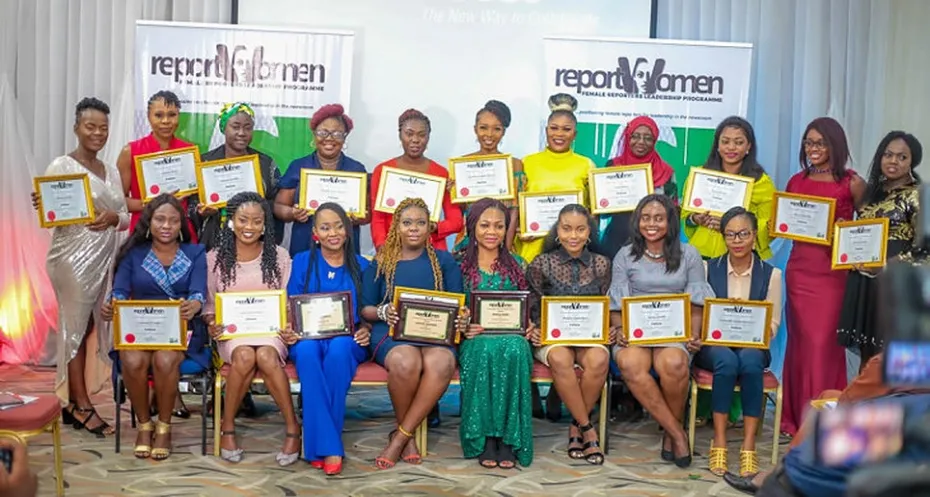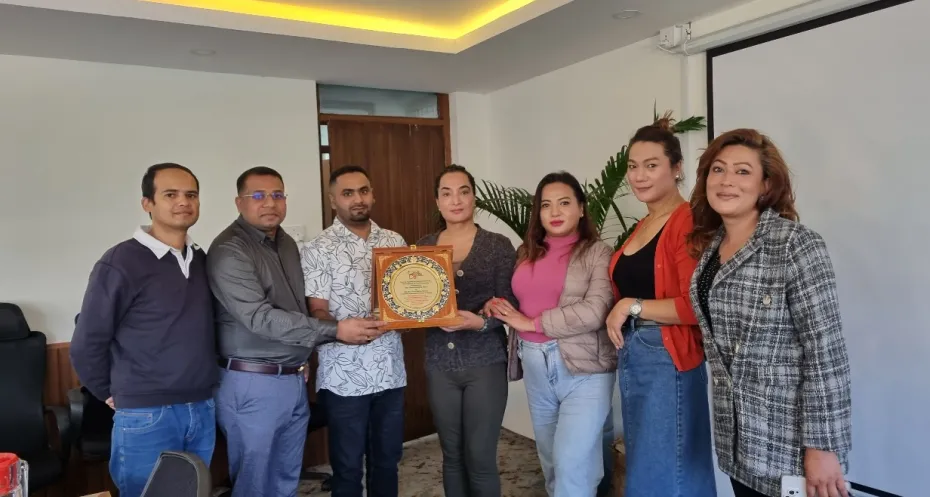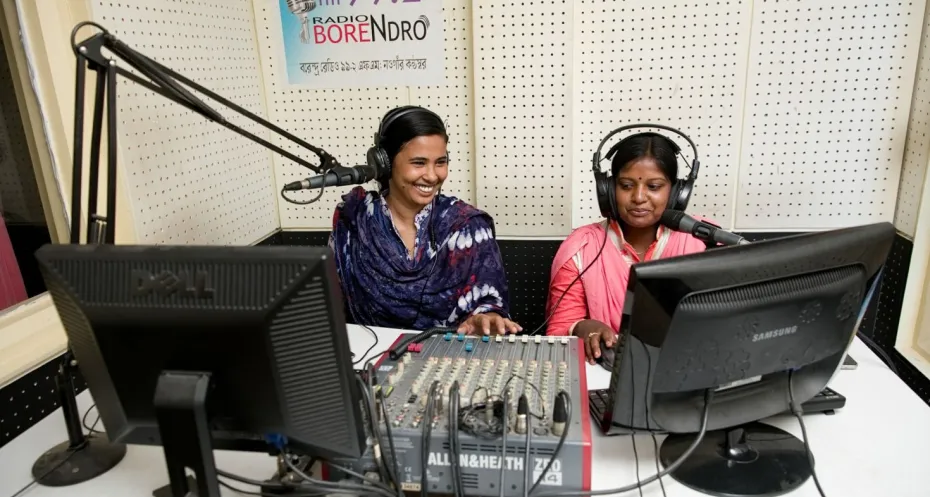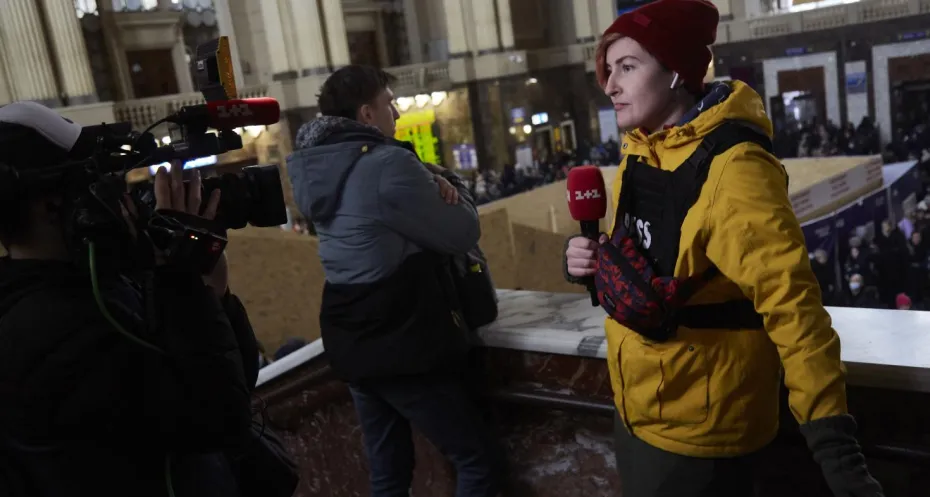Empowering Nigerian women to take leadership in media

The Wole Soyinka Centre for Investigative Journalism (WSCIJ), Free Press Unlimited's partner in Nigeria, has conducted a survey to ascertain the impact of the Female Reporters Leadership Programme (FRLP). Since the start of the project three years ago, WSCIJ has trained 134 reporters across the country, produced 53 leadership projects, and enabled the production of 65 girl and women-focused stories.
In the World Economic Forum Gender Gap Report for 2020, Nigeria is ranked 128th out of 153 countries. There is a marked imbalance between opportunities and representation of women in relation to men in Nigerian society. Important contributing factors are the significant gaps seen in management positions and high government positions.
For this reason, the WSCIJ initiated the Female Reporters Leadership Programme (FRLP) in 2017 in partnership with Free Press Unlimited. One major activity of the project is a fellowship that helps female reporters develop the skills and provides them with the support and tools they need to qualify for the highest leadership positions in their media houses. The project has run for three years, so it was time to look at its impact so far. This was done by holding a survey among 67 respondents, most of them past FRLP fellows. The results leave us optimistic about the future of women in media in Nigeria.
Representation of girls and women in Nigerian media
The lack of news coverage on issues concerning and affecting girls and women in Nigeria was one of the main reasons for starting the project. So it is encouraging to see that 78% of the respondents indicate that the biggest change they saw taking place in their organisation was the mainstreaming of girls and women in reporting after their participation in the fellowship. This is closely followed by the increase of the number of female sources used in reporting (71%).
The respondents also mentioned that the FRLP training helped to raise understanding of specific girls’ and women’s issues, and provided the push to consistently produce stories that focus on girls and women as leading voices in the news.
More women in leadership positions
Among the women who followed the fellowship and took the survey, 59% were promoted or given greater responsibilities in their organisations afterwards. 2019 fellow Amaka Okoye, was promoted to the management team of her organisation and became an authority and leader in her newsroom. 2017 fellow Funke Fayemi, became head of the women’s department in her organisation. 37% of the respondents signaled a big change in the inclusion of women in the management team in general.
The training also led to women feeling empowered to take the lead, which resulted in women starting new initiatives that contribute to the representation of women. A couple of great examples are: 2018 fellow Stephanie Adams, who leads a team of media and development experts to mentor young female journalists with impactful story ideas focused on women; and 2017 fellow Nafisat Abdulkarim, who set up the ‘Media Freelancer Network’ to provide support to female media students.
Looking ahead
Overall, the FRLP has been highly effective in empowering female reporters in Nigeria to take leadership positions in the media. However, there is still a lot of ground to cover and numerous women to be reached. In the coming years, the aim of the project is to grow and improve. We will also look at possible additions to the programme, such as including training for male media managers, increasing engagement with stories, and enabling peer mentoring and training for journalism students.
The FRLP will continue to provide a platform to help Nigerian media access female expert sources more easily and empower women to take the lead. The platform will also equip media managers to create opportunities and an environment where female journalists can thrive as much as their male counterparts.



